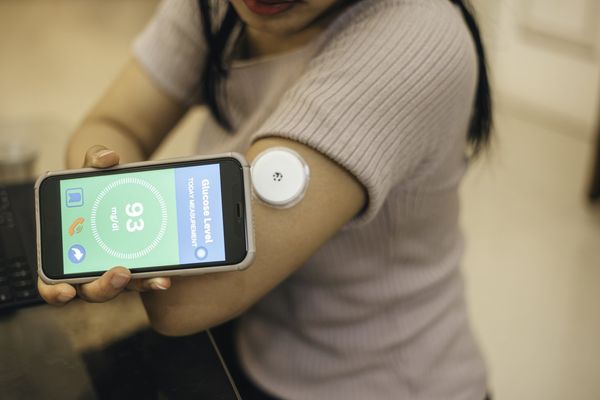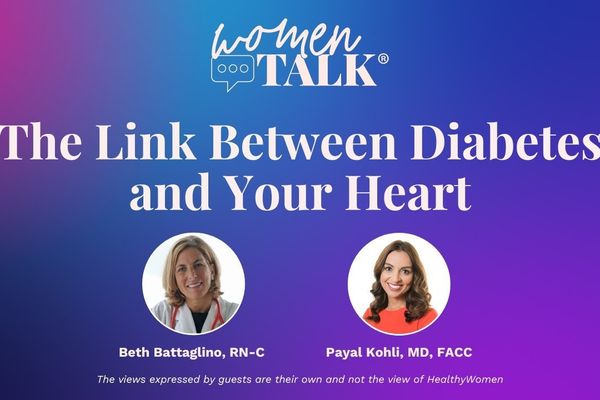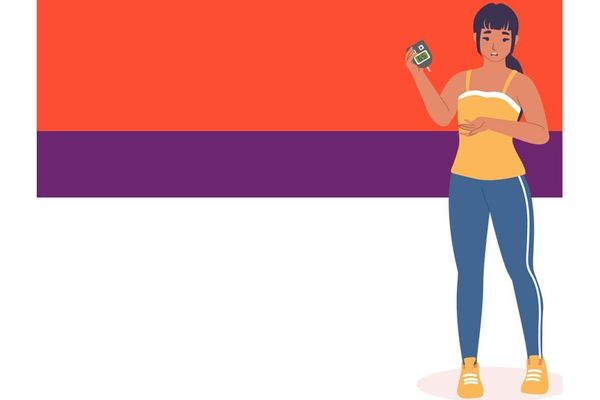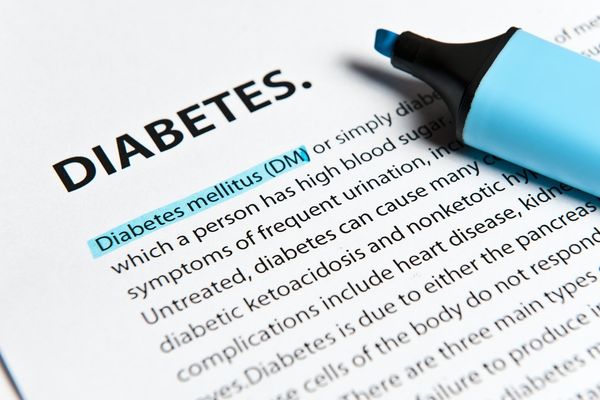Q:
I've read that drinking coffee reduces the risk for type 2 diabetes. Is there any truth to that?
A:
Research has shown that drinking large amounts of coffee (six to seven cups) may decrease the risk of developing type 2 diabetes. Caffeine, a major ingredient in regular coffee, raises blood glucose levels and increases metabolism (the rate at which you burn calories) but its long-term effects are not well understood. Furthermore, six or seven cups is a lot of coffee to drink on a daily basis, particularly since caffeine affects the central nervous system and increases heart rate. Caffeine may cause restlessness, difficulty sleeping, increased urination and possibly calcium loss from bones. Yet, coffee (both regular and decaffeinated) contains a high level of antioxidants, like chlorogenic acid (one of the compounds responsible for the coffee flavor) and magnesium, an essential mineral. These ingredients may improve sensitivity to insulin and contribute to a lower risk of type 2 diabetes. However, researchers agree that longer-term studies are needed to determine if drinking coffee really can help prevent type 2 diabetes. Until then, maintaining a healthy body weight, eating a healthy diet and being physically active are proven ways to significantly reduce the risk of developing type 2 diabetes.







